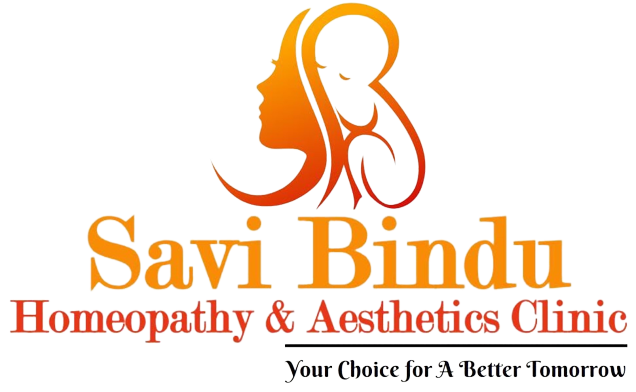
Homeopathy is an alternative form of medicine that has been around for centuries. It is based on the principle of “like cures like”, meaning that a substance that causes certain symptoms can also be used to treat those same symptoms. Homeopathy focuses on the individual, not just their symptoms, and seeks to treat the underlying cause of their illness. Homeopathic remedies are made from a range of natural ingredients, including plants, minerals and animals, and are used to help restore balance and harmony in the body. Homeopathy can be used to treat a wide range of physical, mental and emotional conditions, and is a holistic, safe and gentle form of medicine.
Homeopathy was the first system of medicine practised in India. It was introduced to the western world during the 19th century and has been growing steadily in the West ever since. There are currently 20 million homeopathy practitioners worldwide, of whom around 6 million are in India. India also produces around 75% of the world’s supply of homeopathic medicines. Practitioners of this system of medicine believe that it is suitable for all people, young and old, and for all kinds of diseases. It is particularly suitable for those who are looking for more natural and less invasive forms of healthcare. Homeopathy is generally covered by health insurance, both public and private, in India. Many government-run hospitals also use homeopathic treatments.
The basis of homeopathic treatment is that each person is unique. Therefore, homeopaths use a holistic approach to diagnosis to look at the total person (their symptoms, lifestyle, personality, etc.) to determine the best course of treatment. The emphasis is on self-healing and prevention of disease. A key difference between homeopathic treatment and conventional treatments is that homeopaths aim to treat the person as a whole. That means that they consider the person’s lifestyle, personality, environment and all other factors that may influence their health. This is to make sure that any treatment prescribed is suitable for that particular person and their circumstances.
Homeopathy is particularly well suited for people who want a natural form of treatment and those who may not respond well to conventional treatments. Here are some of the advantages of homeopathy: Suitable for all ages and all types of illnesses – homeopathy can be used to treat people of all ages and with a wide range of health conditions. Safe and gentle – homeopathy is a very safe and gentle form of treatment and can be used as a first port of call for health problems, including during pregnancy and breastfeeding. No side effects – the active ingredient in homeopathic medicines is so diluted that it is unlikely to cause any side effects. No serious side effects – unlike conventional medicines, homeopathic medicines are very unlikely to have any serious side effects. Some homeopathic medicines may cause a mild reaction in certain people, such as a rash or a headache.
While homeopathy is practiced widely in India, its popularity for treating serious diseases and conditions is declining. The main challenges faced by homeopathy in India are: Lack of knowledge about homeopathy – many people are not aware of the benefits of homeopathy or what it involves. This is despite it being one of the most affordable forms of healthcare. Concerns about effectiveness – some people have concerns about the effectiveness of homeopathy, especially for treating serious illnesses. Availability of practitioners – there is a shortage of qualified homeopathy practitioners in India, particularly outside of major cities. This can make getting treatment difficult, particularly in rural areas.
Homeopathy is an alternative form of medicine that uses very small doses of herbs, minerals and other substances to treat a range of health conditions. It is based on the principle of “like cures like”, meaning that a substance that causes certain symptoms can also be used to treat those same symptoms. The idea behind homeopathy is that diseases can be treated by substances that produce similar symptoms in healthy people. For example, a person who is feeling unwell because they have a cold can be treated with very small amounts of a substance (such as pepper) that would normally cause a runny nose and blocked sinuses. Homeopathy is a holistic approach to health, meaning that it considers the person as a whole, not just their illness. This means that it looks at all aspects of their lifestyle and personality to decide on the best treatment. The emphasis is on self-healing, so homeopaths try to treat the underlying cause of the illness to prevent it from recurring.
Homeopathy is an alternative form of medicine that has been around for centuries. It is based on the principle of “like cures like”, meaning that a substance that causes certain symptoms can also be used to treat those same symptoms. Homeopathy focuses on the individual, not just their symptoms, and seeks to treat the underlying cause of their illness. Homeopathic remedies are made from a range of natural ingredients and are used to help restore balance and harmony in the body. Homeopathy can be used to treat a wide range of physical, mental and emotional conditions, and is a holistic, safe and gentle form of medicine.

Address : Savi Bindu Homeopathy and Aesthetics Clinic, #12, Sri Ganesha Narayan Nagar, 1st Block, Doddakallasandra, Kanakapura Main Road, Bangalore -560062.